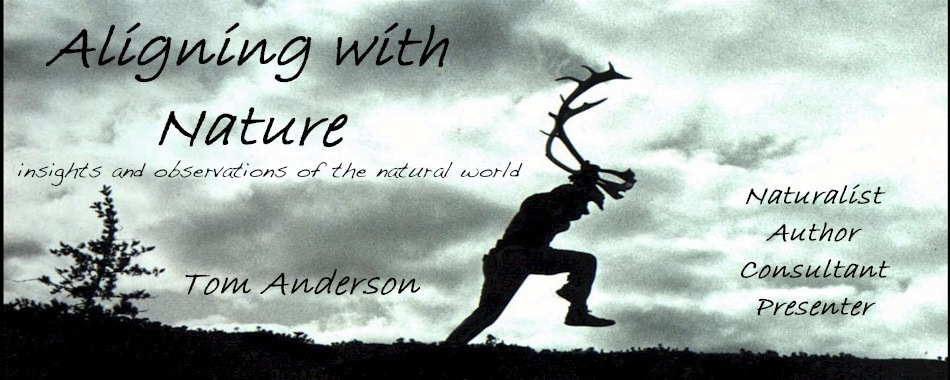Musk Ox Warming
I clutched the musk ox fur inside the boiled wool liners of my weathered leather mitts. I am thankful for this shaggy beast that lives on as a relic of the ice age where it shared the landscape with wooly mammoths.
I have a passion for the arctic. Recently I have been thinking of the arctic as the threatened home to musk ox.
With humans impacting climate change by the increased release of greenhouse gases such as carbon dioxide, it saddens me to think of the rapid change in the arctic. Some scientists are forecasting an ice-free arctic before 2050. And what will come of the overdressed musk ox?
No mammal in North America has longer guard hairs. The two-foot long hairs hang straight down giving this beast, that is more goat than ox, a push broom appearance.
Oomingmak is the melodious Inuit word for musk ox. The translation is “the bearded one.” This beast thrives in the arctic winters because of its soft, thick under fur. The Inuit call the wool “qiviet.”
I live in Minnesota, but my hands clutch a ball of qiviet inside my mitts as I drive a tractor pulling a hay wagon of firewood.
Over twenty summers ago, I journeyed to the high arctic. While hiking on the tundra, I discovered clumps of shed musk ox under fur clinging to stunted willow shrubs. Attracted to the soft sensory pleasure of simply handling it, I stuffed handful after handful into my pockets.
On hikes, I jammed my chilly hands into my pockets. They quickly warmed in the nests of qiviet. I brought a zip-lock plastic bag full of of the soft underfur home to Minnesota.
On a cold winter day, my fingers always prefer the company of each other. That is why I choose loose fitting mitts instead of gloves. Gloves condemn each of my fingers to a cruel sentence of solitary confinement. Alone, without the ability to snuggle with each other gloved fingers soon turn numb and useless.
I am to the point that my stash of qiviet is almost gone. Each winter I freshen up each of my mitts with a small handful of under fur. By winter’s end the wool is matted into a tight ball. The compressed hair no longer effectively insulates my hands.
As I pull into our driveway, my face is cold enough to crack but my fingers are cozy in the comfort of qiviet. If I make it back to the arctic, will the change be too much to bear? Will the musk ox survive? In a world that is gradually warming I fear that my Minnesota winter will be experienced without the company of qiviet.
